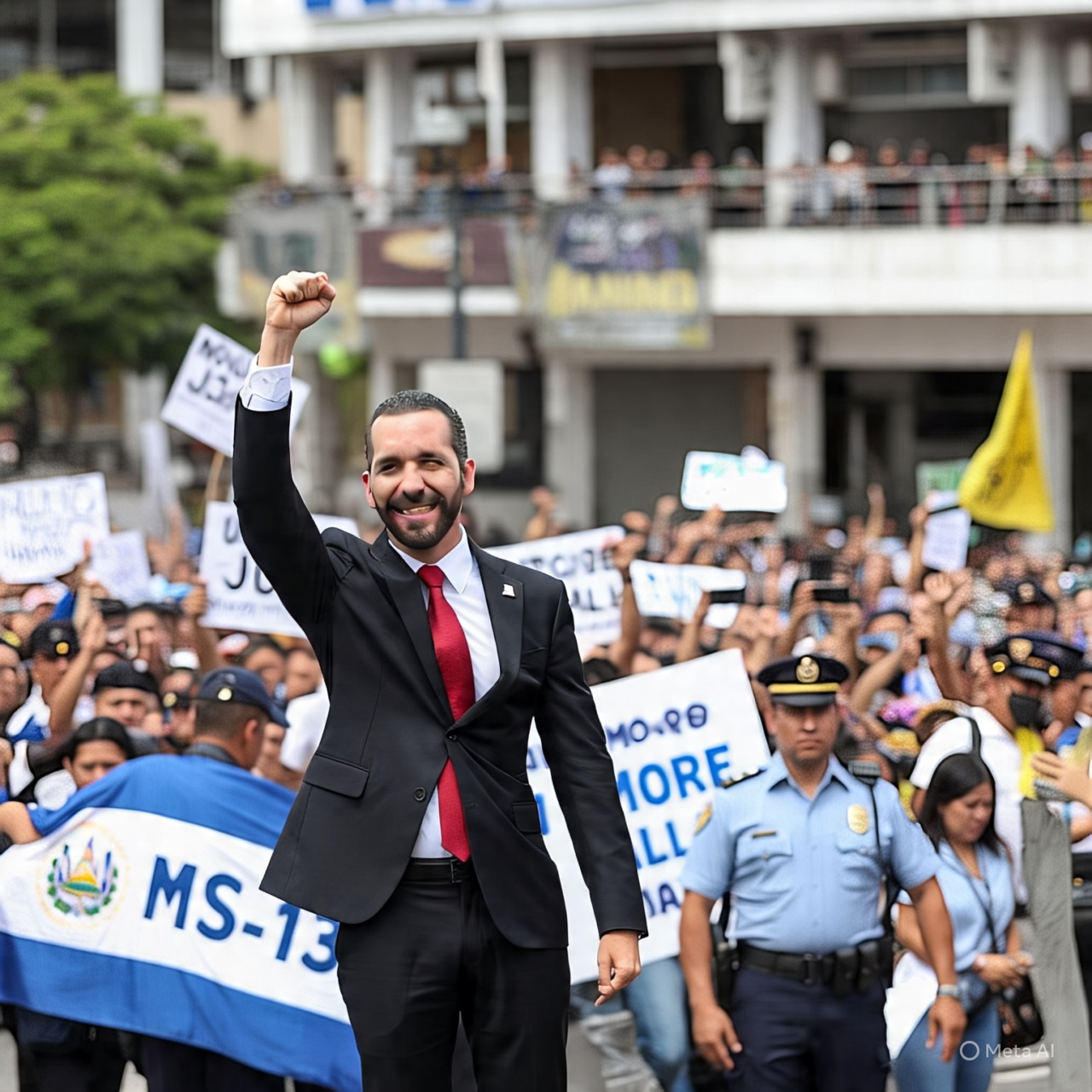FnF News
El Salvador’s Crackdown on MS-13: A Balancing Act Between Security and Human Rights
El Salvador’s aggressive campaign against gangs, particularly MS-13, has garnered significant international attention. While the government’s efforts have led to a notable decrease in crime rates, concerns have been raised about the methods employed and their implications for human rights and democratic norms.
The Crackdown and Its Impact
Since March 2022, President Nayib Bukele’s administration has implemented a state of emergency, resulting in the arrest of over 85,000 individuals suspected of gang affiliations. This initiative has positioned El Salvador with the highest incarceration rate globally, with 1.7% of its population imprisoned .(Wikipedia)
The establishment of the Terrorism Confinement Center (CECOT), a mega-prison designed to house up to 40,000 inmates, symbolizes the government’s commitment to eradicating gang violence. However, reports indicate that many detainees are held without trial, and the conditions within the facility have been described as harsh and inhumane .
International Concerns
Human rights organizations, including Human Rights Watch and Amnesty International, have expressed alarm over the crackdown’s methods. Allegations include arbitrary arrests, enforced disappearances, and deaths in custody. By March 2025, at least 367 individuals had reportedly died while in custody .(Wikipedia)
The Economist has also critiqued President Bukele’s approach, suggesting a shift from a reformist leader to an autocrat. The publication highlights concerns about the erosion of democratic institutions and the potential for abuse of power under the guise of public safety .
Public Opinion and Political Implications
Despite international criticism, President Bukele maintains high approval ratings domestically. Many Salvadorans credit his policies with restoring safety and order to previously gang-controlled areas. However, the long-term implications of his governance style and the potential suppression of dissent remain points of contention.
The situation in El Salvador serves as a case study in balancing security measures with the preservation of human rights and democratic principles. As the international community continues to monitor developments, the outcomes of Bukele’s policies will likely influence broader discussions on governance and civil liberties in the region.
Tags: El Salvador, MS-13, Nayib Bukele, Human Rights, Democracy, Gang Violence, International Relations

